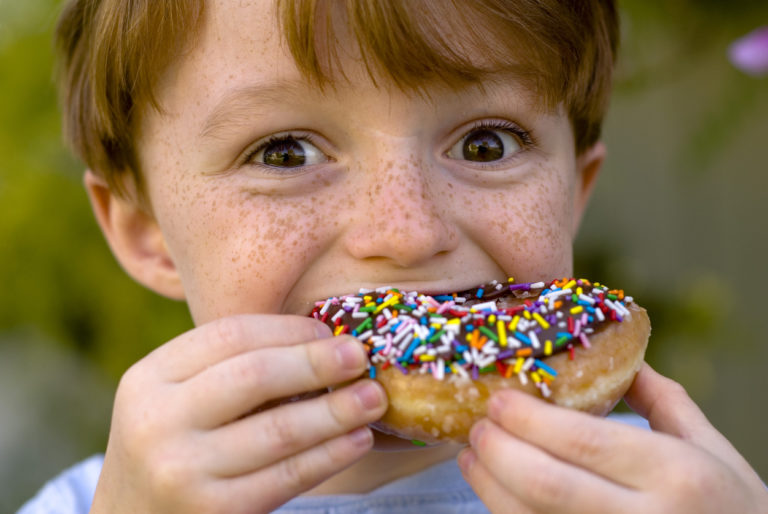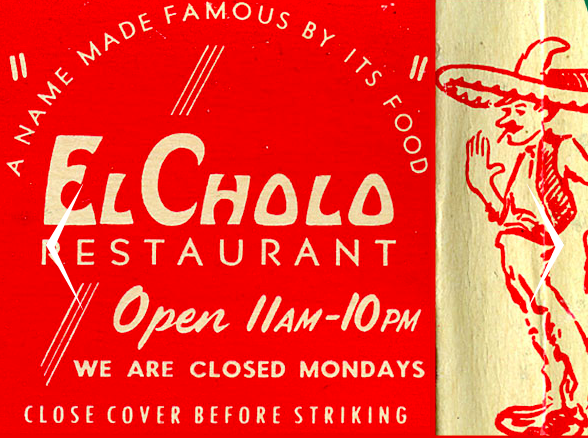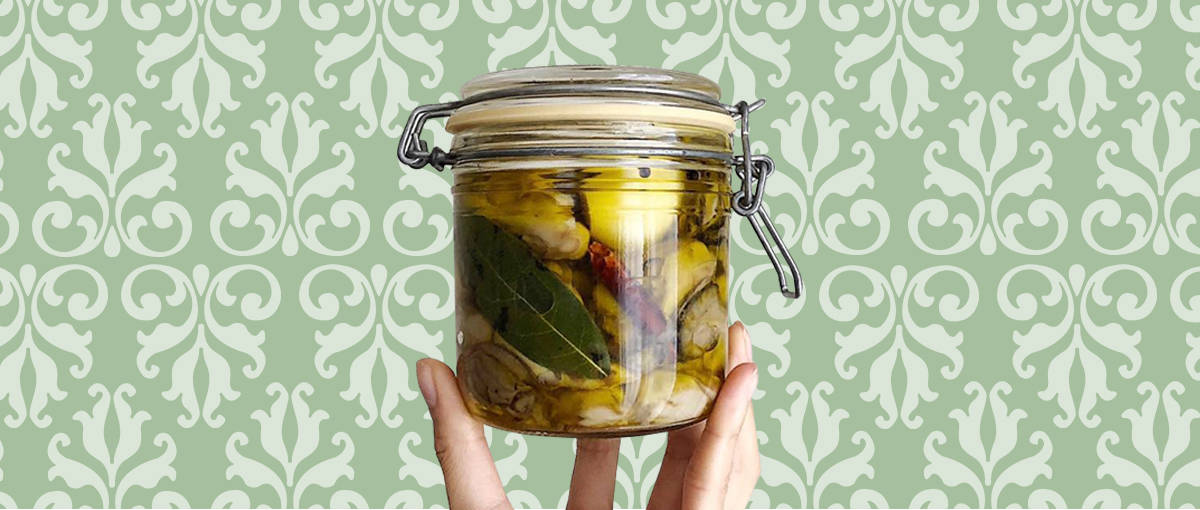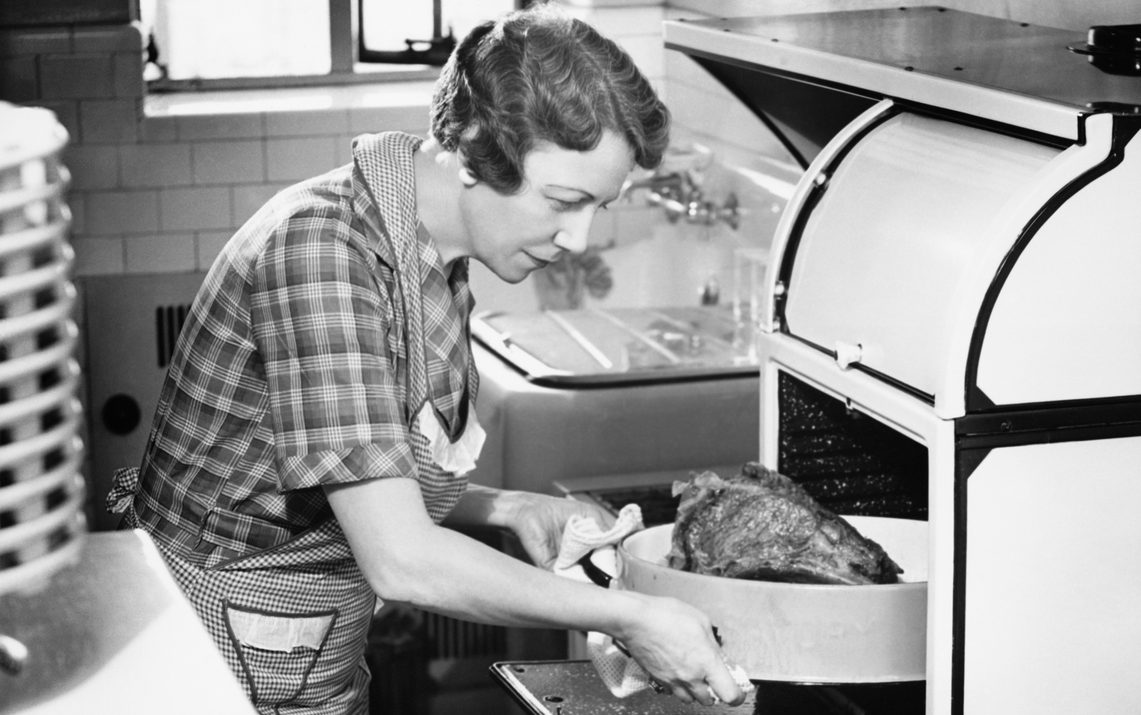We all know what it’s like to experience a “sugar rush.” You’re sipping on a soda, minding your own business, and suddenly — you’re bouncing off the walls, both mentally and physically. You also probably know what it’s like to have the inevitable “sugar crash” that closely comes soon after. But do you really understand how a sugar rush happens?
Well, according to a recent study, a sugar rush isn’t even a real thing.
In a 2019 article in Neuroscience & Biobehavioral Reviews, researchers collected data from 31 published studies. The data, which involved almost 1,300 healthy adults, didn’t show a positive effect between sugar consumed and increased energy and alertness. However, the researchers did find a relationship between sugar and fatigue (and decreased alertness).
This isn’t the first time researchers have come to this conclusion, though.
In 1995, a similar review of 23 studies saw the same relationship. The studies, which involved children, also didn’t find a link between sugar and hyperactivity. And understandably, none of this probably makes any sense. It’s widely accepted that high-sugar foods like soda, baked goods, and candy can lead to intense bursts of energy and hyperactivity, especially in young kids. Plus, carbohydrates are your brain’s first source of fuel. So, what gives?
Dr. Tom Robinson, director of the Center for Healthy Weight Lucile Packard Children’s Hospital at Stanford, says that it comes down to the existing assumptions around sugar.
“The way we think we should feel has a lot to do with how we do feel,” he told SF Gate.
In other words, if we expect to be hyper after eating a sugary food, we’re more likely to feel that way.
The same concept applies to parents’ expectations when their kids eat sugar.
Multiple studies have tested this theory. In one experiment, children were given either a sugar-sweetened drink or a placebo.
The parents didn’t know which drink their kids consumed.
Parents who thought their kids drank the sugary drink perceived their kids to be more hyper.
But in reality, all the children received placebos!
More specific research is needed, but the recent 2019 review is just one of many studies that have de-bunked the sugar rush myth.
Plus, a lot of sugar-sweetened drinks also contain caffeine, which is important to consider.
While sugar rushes don’t exist, it doesn’t mean sugar is necessarily good for you.
According to a 2017 study in Scientific Reports, sugar’s addictive nature can negatively impact neurotransmitters.
This can snowball into low mood and increased risk for depression.
Sugar also promotes inflammation and negatively impacts levels of a protein called brain derived neurotrophic factor, or BDNF.
BDNF is essential for the growth and survival of your nerve cells.
Low levels of BDNF are associated with not only depression, but other neurodegenerative diseases, too.
This is precisely why sugar is linked to low mood levels instead of the perceived “feel good” energy rush.
Finally, high sugar intake increases the risk of chronic diseases like Type 2 diabetes.
Moral of the story? Sugar doesn’t directly cause hyperactivity, but it can still do a number on your mental and physical health.
Limiting or omitting your sugar intake can be a game changer. Your body will thank you!








